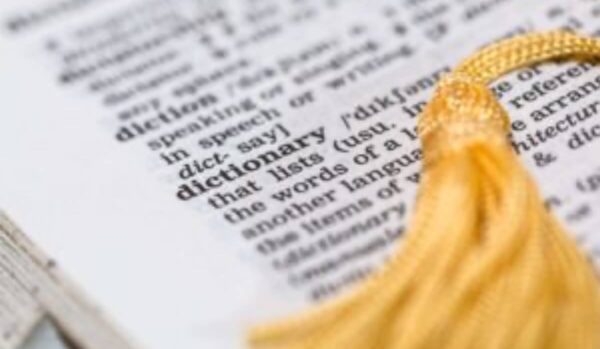‘Bussin’, Goated, Thirst Trap’: Another Year, Another Set of New Words Derived from African-American Vernacular Added to Merriam-Webster Dictionary
It’s that time of year again when Merriam-Webster adds hundreds of new words that have emerged from different areas of American culture.
And once again, terminology that was coined by the Black community is leading the charge in popularity.
This year, Merriam-Webster added nearly 700 new words, including terms like ‘mid,’ ‘bussin’,’ ‘goated,’ and ‘thirst trap.’
Even the official X account for Merriam-Webster used the phrase ‘New words, who dis?’ to announce their new additions:
While African-American Vernacular English (AAVE) has always been “trendy,” the addition of these words to one of the oldest dictionaries in the U.S. is evidence of their widespread use among people who aren’t Black.
Trending Today:
Bachelorette’s Rachel Lindsay and Co-Host Take on GOP Candidate Larry Elder
Mom Slams Ireland Gymnastics Officials’ Public Apology After Video Resurfaces
Vocabulary Black people have established even notably inspired the Oxford University Press to create a dictionary showcasing language established by Black people and culture.
Henry Louis Gates Jr., the editor-in-chief of that new Oxford Dictionary, even noted how influential Black culture and terminology is in America.
“Every speaker of American English borrows heavily from words invented by African Americans, whether they know it or not,” Gates said.
Experimental sociolinguist and lexicographer Kelly Elizabeth Wright echoed Gates’ sentiments, telling the Atlanta Black Star that African-American idioms have chiefly driven the evolution of American English for nearly 200 years.
“Our words shape the historical and contemporary lexicons of American fashion, music, culinary exploits, favorite dances, several organized religions and protests,” Wright remarked. “Our words are taken from our mouths and streets and teens and show up quickly on nonBlack TikToks, TV shows and coffee mugs,” she added, citing references like “Yas, Queen” or It’s the (insert object of admiration) for me.”
Anti-Racism Daily noted that AAVE is often perceived as an ungrammatical, incorrect, and uneducated way to speak, rather than a distinct dialect with its own unique grammar and vocabulary. Yet, AAVE consistently makes its way into popular culture and is frequently appropriated by non-Black people who don’t face the same marginalization or repercussions as Black Americans for its use.
Other terms that are also new to the Merriam-Webster Dictionary’s pages this year are ‘ngl,’ an acronym standing for “not gonna lie,” ‘rizz,’ ‘beast mode,’ and ‘quiet quit.’
A couple of terms that seem like extremely late additions are ‘jollof rice’ and ‘non-player character.’

